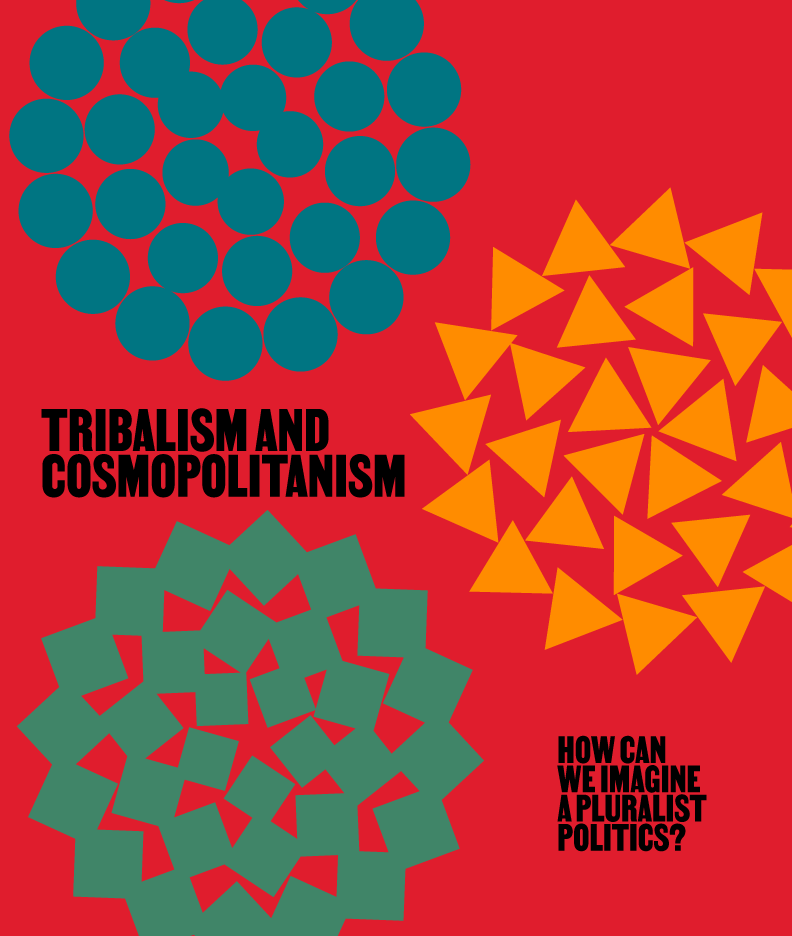
OSUN, Hannah Arendt Center, and Center for Civic Engagement Present
Tribalism and Cosmopolitanism: How Can We Imagine a Pluralist Politics?
Thursday, October 17, 2024 – Friday, October 18, 2024
Olin Hall
OCTOBER 17-18, 2024WATCH THE RECORDINGS
The Hannah Arendt Center's 16th annual fall conference will bring notable speakers to Bard College in Annandale to discuss the implications of tribalist politics just weeks before the national US election. The conference will spark important conversations and explore how to make space for loyalty and meaning while fostering a more pluralistic politics.
Hannah Arendt was suspicious of cosmopolitanism, world government, and the loss of the common sense connections that are part of living with and amidst one's tribe. Wary of assimilation and universalism, Arendt understood the need for a tribe, whether that tribe be her “tribe” of good friends or living amongst people with whom one shares cultural and social prejudices. At the same time, Arendt was also deeply suspicious of tribalism in politics. Politics always involves a plurality of peoples. Thus tribal nationalism—what she called the pseudo-mystical consciousness—is anti-political and leads to political programs aimed at ethnic homogeneity.
Arendt believed that the aspiration of politics is to bind together a plurality of persons in ways that do justice to their uniqueness and yet find what is common to them as members of a defined political community. Wary of the nation-state that would privilege the national community of the state over "foreigners" and "minorities," Arendt nevertheless opposed assimilation into a cosmopolitan sameness. Instead, she held onto a vision of politics centered around plurality and federalism, one in which homelands and regions of like-minded peoples would also live together in federalist republics that both respected the particularity of local identities and sought to build meaningful political bonds that transcend tribal sensibilities. Her plan for a federation in Israel and Palestine imagined Jewish and Palestinian homelands as part of a larger federal structure.
The rise of tribalist and populist political movements today is in part a response to the failure of cosmopolitan rule by elites around the world. As understandable as tribalism may be, the challenge today is to think of new political possibilities that allow for the meaningful commitments of tribal identities while also respecting the fact of human plurality. The Hannah Arendt Center Conference Tribalism and Cosmopolitanism responds to the undeniable fact that tribalism is real, appealing, and dangerous. We ask:
• If humans are tribal beings, how can they live in multicultural liberal societies?
• Are experts and elites themselves simply one tribe defending their self-interests?
• Must social media contribute to the fracturing of society into raging tribes?
• Is there a common interest in society knowable through reason?
•What is a tribe and is it a useful word in our political vocabulary?
•Is there an alternative to the cosmopolitan tribalism of global elites?
Above all, we ask, how can make a space for tribal loyalty and tribal meaning while at the same time maintain our commitment to pluralist politics?
The full conference will be available via Live Webcast. ALL registrants will also receive the link to the live webcast.
For more information, call 845-758-6822.
Location: Olin Hall